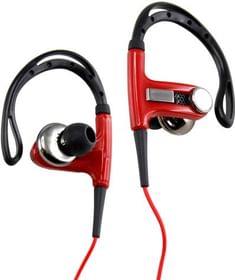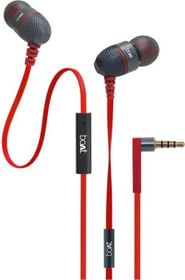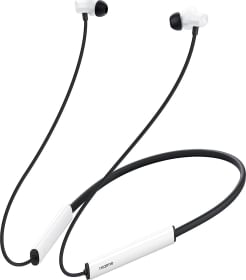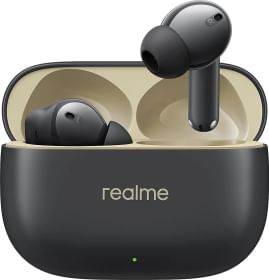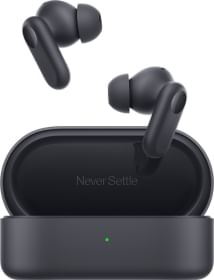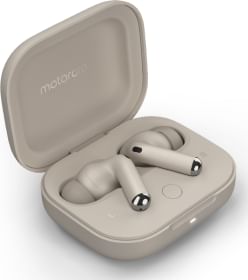Video streaming accounts for a sizeable chunk of online traffic and even minor improvements in streaming technology can save costs and determine what markets a service has access to. Streaming services like Netflix and Amazon prime do not take codecs lightly as using the right codecs determines not only the quality of streaming but also what devices their content will be accessible on.
Biggest tech names including Apple, Google, Facebook, and Microsoft are now lining behind AV1 codec. Here’s a brief explainer detailing the importance of AV1 and devices that support or will support AV1 in the future.
Why is AV1 Codec? Why is it important?
AV1 allows high-quality video streaming in relatively smaller file sizes and is 20% more efficient at compressing videos as compared to VP9 (according to Netflix).
Google was initially developing VP10, the successor to very popular and royalty-free VP9, but decided to pool in resources with Firefox (Dallas codec) and Cisco (Thor codec) to form AOMedia alliance for AV1 codec.
AV1 is an open-source and royalty-free, and AOMedia alliance brings together major equipment manufacturers, leading software makers, and most popular OTT players. Associated contributors include Google, Firefox, Apple, Facebook, Microsoft, Netflix, Amazon, AMD, Intel, and many others.
Since AV1 is license-free and developed by a nonprofit industry consortium it is very likely to be adopted universally. The idea of a codec that will allow them to encode all content in a single format and yet access all major devices and platforms is just too appealing.
AV1 is still not fully ready for prime time. It was first officially presented in 2018, and ever since the alliance has been working on improving encoding time and decoding efficiency.
Streaming 1080p or 720p videos in AV1 hogs serious CPU power and that’s why nobody is yet using it for high-quality streaming.
Streaming services that support AV1 Codec

AV1 will only be widely adopted when there is wide-spread hardware codec support. A few streaming services are already testing waters, though.
YouTube has limited AV1 Codec support for Browsers and Android TVs. On PCs, playback options allow users to choose AV1 for SD videos and VP9 codec for HD streaming or to always prefer AV1. The information marker warns that decoding AV1 requires a powerful computer and that AV1 content is limited at the time.
Netflix has started streaming some content in AV1 but only in low quality that will play when users opt for data saver option.
Phone and TV Chipsets that support AV1 Codec
There are only a handful of application processors that have hardware support to handle AV1 codec. These include:
- Samsung Exynos 2100
- Broadcom’s bcm72190/72180
- Realtek’s RTD1311/RTD1319
- MediaTek Dimensity 1000 5G
List of phones that support AV1 Codec

Mediatek confirms that AV1 Youtube streaming will be enabled for MediaTek Dimensity 1000 and Dimensity 1000+ phones. Samsung’s Exynos 2100 is the second chipset to support AV1 codec.
- Samsung Galaxy S21 series (Exynos 2100 variants)
- iQOO Z1 5G
- Reno5 Pro
- Realme X7 Pro
Eventually, all of our phones will most probably have hardware support for AV1 codec. Samsung has added support with its Exynos 2100 and other manufacturers are expected to follow suit.













